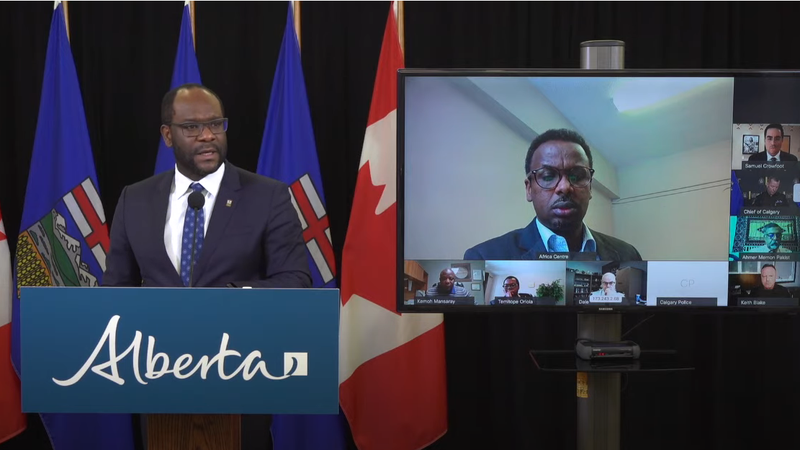
Alberta bans practice of police “carding”, sets new rules around street checks
The Alberta government has put a province-wide ban on the police practice of “carding”, while also establishing new rules around street checks
The changes to provincial policing standards now prohibits police in Alberta from randomly and arbitrarily stopping members of the public through the commonly known practice of carding — where officers ask for personal information without any evidence that they have been involved in, or have knowledge of, an offence.
“Members of Indigenous, Black and other racialized communities in Alberta expressed concerns about carding and street checks, and we have a responsibility to act on those legitimate concerns,” said Justice Minister Kaycee Madu. “The Government of Alberta supports the dedication and courage of the province’s police officers, and this historic change ensures they will continue to serve and protect our communities with the full trust and confidence of all Albertans.”
The province adds in a release issued Thursday that new provisions have also been established to provide clear rules for other common encounters, or street checks, to ensure police officers respect the rights of citizens when requesting personal information.
